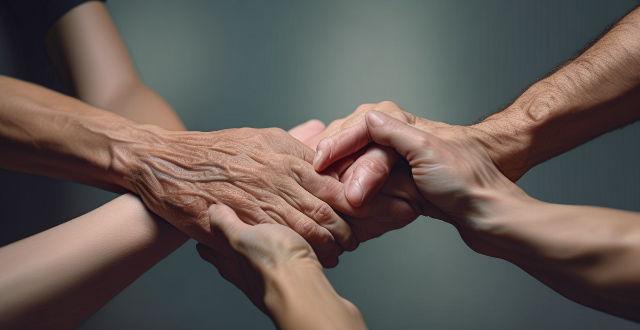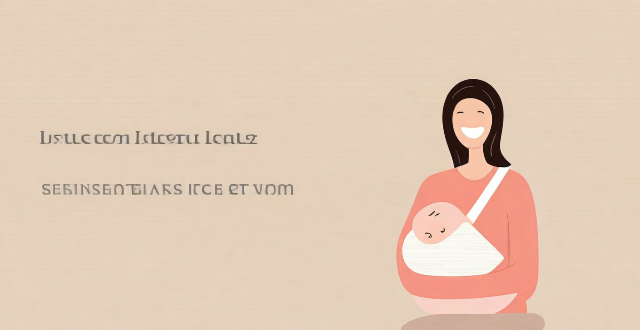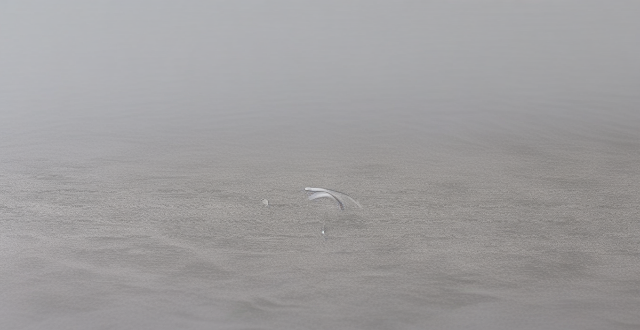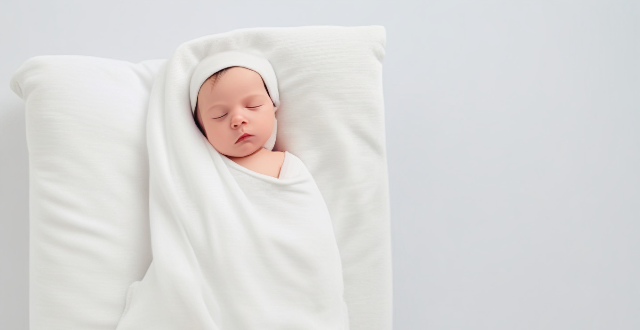Baby Disinfect

How can I properly disinfect my hands without damaging my skin ?
To properly disinfect your hands without damaging your skin, you can use an alcohol-based hand sanitizer sparingly, soap and water for a gentler option, natural antiseptics like tea tree oil or lavender oil mixed with a carrier oil, or aloe vera gel for its antibacterial and antifungal properties. It's important not to overdo it and avoid touching your face after disinfecting your hands to prevent spreading germs.

How often should I disinfect my home to prevent the spread of germs ?
To prevent the spread of germs in your home, it's important to disinfect high-touch surfaces daily, including doorknobs, light switches, countertops, bathroom fixtures, and electronic devices. Floors and carpets should be cleaned regularly as well, with hardwood floors mopped weekly and carpets vacuumed twice a week and steam cleaned monthly. Soft furnishings like couches and chairs should be vacuumed weekly, and bedding should be washed in hot water every week. In the kitchen and eating areas, cutting boards and utensils should be washed after each use, and dishes and cups should be cleaned after each meal. Laundry, including clothes and towels, should be washed immediately after wearing or use. Children's toys should also be disinfected regularly, with plastic toys wiped down weekly and plush toys washed monthly. When disinfecting, it's important to follow the instructions on the product label, avoid mixing cleaning products, wear gloves to protect your hands, ensure proper ventilation by opening windows or turning on fans, clean before disinfecting, use paper towels to avoid cross-contamination, don't forget to clean and disinfect trash cans, and sanitize sponges and brushes regularly. By following these guidelines, you can help prevent the spread of germs within your home and maintain a healthy environment for you and your family.

What are the best gifts for a new baby ?
Best Gifts for a New Baby When it comes to choosing the perfect gift for a new baby, there are many options to consider. Here are some of the best gifts for a new baby: - Clothing and Accessories: Onesies, swaddle blankets, hats, and booties are essential for any newborn. Look for ones with cute designs or funny sayings. - Nursery Essentials: A spacious and stylish diaper bag, baby monitor, and rocking chair or glider are must-haves for parents on the go. - Toys and Learning Tools: Plush toys provide comfort and companionship for babies. Board books and musical toys can help stimulate a baby's developing senses and cognitive skills. - Safety and Health Products: A reliable car seat, thermometer, and humidifier are important for ensuring your baby's safety and health.

How do I wean my baby off of nighttime feedings ?
Weaning your baby off of nighttime feedings can be a challenging process, but with patience and consistency, it is possible to achieve. Here are some steps you can follow: 1. Establish a Bedtime Routine: Create a consistent bedtime routine for your baby that includes calming activities such as bath time, reading stories, or singing songs. This will help your baby associate these activities with sleep and make it easier for them to fall asleep without needing a feeding. 2. Gradually Reduce the Number of Nighttime Feedings: Start by reducing the amount of milk or formula you give your baby during each nighttime feeding. Then, gradually decrease the amount over time until your baby no longer needs a feeding at that particular time. 3. Extend the Time Between Feedings: Once your baby is used to receiving less milk or formula during each nighttime feeding, start extending the time between feedings. Gradually increase the time between feedings until your baby is able to sleep through the night without needing a feeding. 4. Comfort Your Baby Without Feeding: When your baby wakes up in the middle of the night, try comforting them without offering a feeding. If your baby is still hungry after a few minutes, offer a small amount of milk or formula to help them fall back asleep. 5. Be Consistent and Patient: Weaning your baby off of nighttime feedings takes time and patience. Stick to your plan and be consistent in your approach. Remember that it may take several weeks or even months for your baby to adjust to sleeping through the night without needing a feeding.

What is the ideal age for a woman to start trying for a baby ?
The ideal age for women to start trying for a baby varies depending on individual circumstances, but generally, women in their late 20s and early 30s are considered to be in the optimal age range due to their physical health, emotional readiness, and financial stability.

How long does the virus that causes COVID-19 survive on surfaces, and how should those surfaces be cleaned and disinfected ?
The COVID-19 virus, SARS-CoV-2, can survive on surfaces for varying lengths of time, depending on factors such as the type of surface, temperature, humidity, and the amount of virus present. The timeline for virus survival on surfaces includes up to 4 hours on copper, up to 24 hours on cardboard, and up to 72 hours on plastic, stainless steel, glass, banknotes, and coins. To effectively clean and disinfect surfaces, it is recommended to follow a two-step process: cleaning the surface with soap or detergent and water, and then disinfecting the surface with an EPA-approved disinfectant. Examples of approved disinfectants include diluted bleach, alcohol solutions with at least 70% alcohol, hydrogen peroxide (3%), and quaternary ammonium compounds. It is important to wear gloves when handling disinfectants, ensure proper ventilation, never mix different cleaning products, and disinfect frequently touched surfaces regularly.

What are the benefits and risks of co-sleeping with your baby ?
Co-sleeping with your baby can promote bonding, ease breastfeeding, regulate sleep, reduce SIDS risk, and encourage restful sleep for parents. However, it also carries risks such as increased SIDS risk in unsafe conditions, chance of rolling over, disrupted sleep for parents, difficulty in establishing independent sleep, and potential for dependency. Safety should be the top priority when considering co-sleeping.

How can parents recognize and respond to signs of postpartum depression ?
Recognizing Signs of Postpartum Depression (PPD) is crucial for new mothers to seek help if needed. Common signs include persistent sadness, difficulty bonding with the baby, changes in appetite or sleep patterns, irritability, withdrawal from social activities, and thoughts of harming oneself or the baby. If you notice any of these symptoms, take action by talking to your doctor, seeking support from loved ones, joining a support group, taking care of yourself, and considering professional help. Remember, seeking help is not a sign of weakness; PPD is a real medical condition that requires attention and treatment.

How do I choose the right baby gear (such as car seats, strollers, etc.) for my needs ?
When selecting baby gear like car seats and strollers, consider safety standards, comfort, ease of use, durability, budget, and personal preferences to make the best choice for your family's needs.